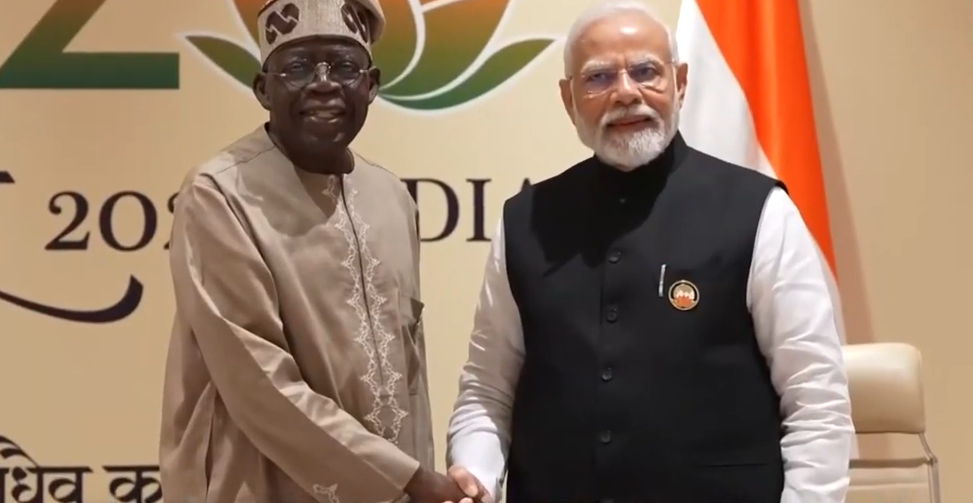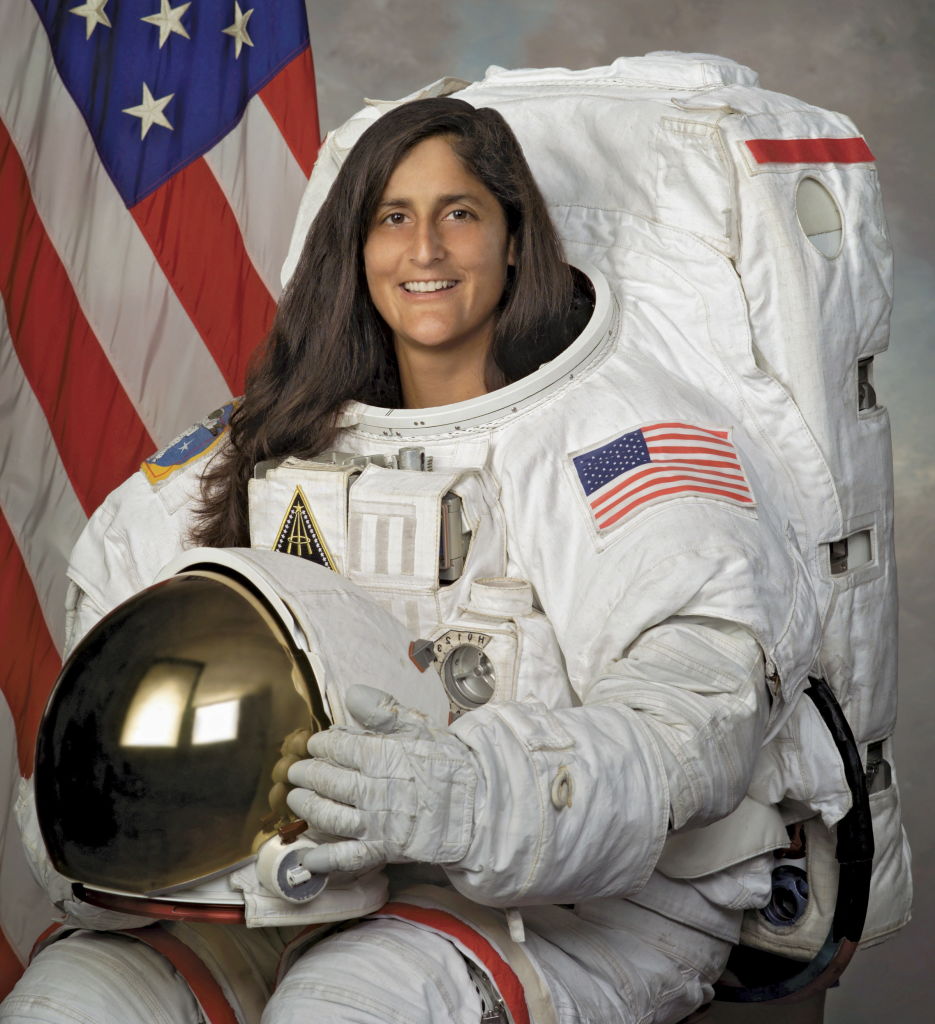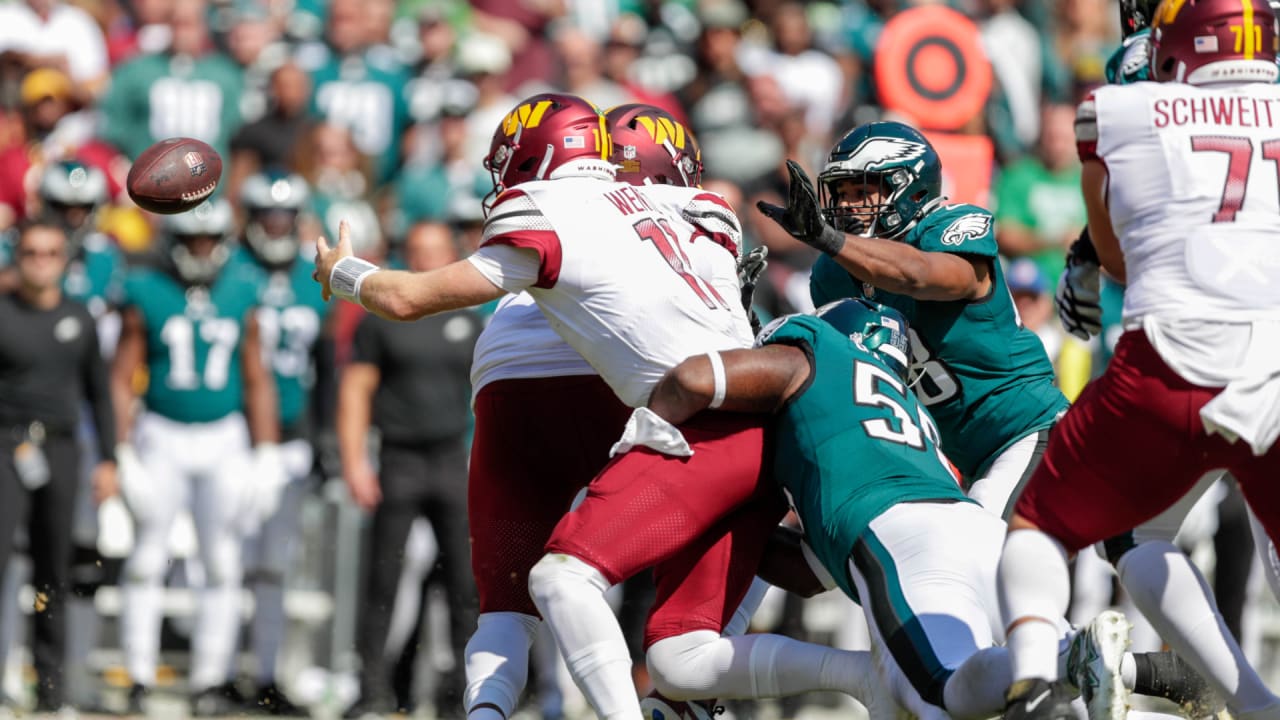Olara Otunnu
[Africa Commentary: Uganda Elections 2016]
As Uganda heads into presidential and parliamentary elections next year we can expect the political mischief to escalate — with the regime in power for 30 years promoting intra-party divisions to weaken overall opposition.
In an incoherent Op-Ed “Otunnu leadership credentials wanting” in The New Vision, the Uganda government mouthpiece, on October 21, 2015, Betty Amongi celebrated and attempted to justify the base, contemptuous and mediocre brand of politics that glorifies smear and humiliation of competitors.
Outside this cynical genre of politics and its repertoire of dark arts, Ms. Amongi and Otunnu cannot be mentioned in the same breath, when discussing leadership and public accomplishments.
But such are the occupational hazards of Uganda politics, that the abnormal becomes normal; excellence is substituted with a celebration of mediocrity; an inversion akin to the worlds of Franz Kafka and Fyodor Dostoevsky.
Only in such dystopia, can Otunnu’s national and international leadership standing be “wanting’’; “crushed” by the cynical and gutter politics considered “real politics.”
In a normal world, national and international institutions; people and bodies, that understand and value his vast knowledge, experience, credibility, moral character, and leadership, seek his counsel and opinion. To these constituencies, his demonization and vilification by a fringe in Uganda People’s Congress (UPC), is the case of throwing pearls before swine, rather than a true commentary on Otunnu’s leadership capabilities.
It cannot be gainsaid that UPC and Otunnu exerted significant political and intellectual impact on Uganda politics since he took over UPC; invoking normative considerations to frame policies, political choices, and positioning.
This shifted politics and competition away from personalities, to rivalry of ideas and competing visions. Take truth telling and accountability; and national healing and reconciliation, for example. His ideas depart from the usual finger-pointing and apportioning of blame; preferring to let facts incriminate culpability; not cued by politicized judgmental predilections.
Otunnu couples this with the concept of ‘’banquet of wounded healers’’; considering all Ugandans as “victims” and “perpetrators,” in search of truth and healing, who must come together and extend their hands across divides; to become ‘’healers’’; to forgive, and reconcile with, each other, as a way of unifying peoples and country.
Other areas where UPC and Otunnu showed leadership, is the campaign for free and fair elections; and opposition unity and cooperation. These are now mainstays of opposition politics here.
For long, calls for reforms in elections management were made, but until Otunnu came on the stage, no one rationalized these demands with universal moral justifications; articulated with clarity as rights that every Ugandan was entitled to.
The other is the idea of opposition unity. Uniting to rid the country of brazen impunity is necessary, but not sufficient condition and justification for wanting power. To Otunnu, the quest for power must be justified by a plan to not only dismantle the repressive state, but also how to democratically reconstitute it; on firm values and moral traditions.
Indisputably, Otunnu is an accomplished national and international statesman; a reputation established before he became UPC President.The last five years served to showcase the wide range of his capabilities; open and transparent method of work.
When he returned to Uganda in 2010, after several years abroad in high profile positions including as Under-Secretary General at the United Nations, he declared he was here to make contributions to longstanding collective efforts to change Uganda for the better. He never betrayed any sense of entitlement; neither exhibiting lone-ranger ego; nor craving the limelight.
He is a consummate team player; the last to personalize ideas or claim credits; because his humility recognizes that, everyone has interest and contributions to make; but that the interests of his Party and country are greater than his personal interest.
Therefore, it is difficult to conjure a national or UPC circumstance that gives credence to declarations such as: “Otunnu’s leadership credentials wanting’’. It is not enough to simply say some Party leaders fell out with him.
What was the crux of their disagreements; and what rival ideas did the dissenters offer? First, no one fell out with Otunnu on principles or resigned. Some were sacked under a whiff of corruption; and others for resisting change and undermining new methods of work, institutionalization, and efforts to transform UPC into a modern organization with new organization culture, work ethics, transparency and accountability, and leading by example.
Second, KPMG’s forensic audit implicated fraud in the use of Party funds. Consequently, the consortium of donors, the Democratic Governance Facility (DGF), demanded that UPC repay 100 million shillings –about $29,300– misappropriated by former UPC officials.
This is the context under which a fringe in UPC, and UPC parliamentarians “fell out” with Otunnu. Clearly, their opposition is not because they articulate a more progressive politics or grander vision for the Party and country, but parochial ethnic proclivities; hubris and hedonism.
Their citing the failure of Party organs to convene more than possible in the last five years, is a fig leaf for their political nakedness. Furthermore, their contention that there is a groundswell of anger and loathing against Otunnu in the Party is fanciful.
Moreover, to claim that Jimmy Akena, who fails to differentiate between “nomination” and “election,” has “overwhelming” Party support, is false. Akena, who had himself sworn in as “president,” is a hostage of his own folly in Uganda House, party headquarters.
Apart from a minority in Lango and Buganda districts, he has been roundly rejected in Kigezi, Rwenzori, Bunyoro, West Nile, Acholi, Bukedi, Karamoja, Teso, Busoga, Sebei, and Ankole.
In contrast, Otunnu commands support and respect of Party members, his cabinet, and every structure of the Party, except the UPC parliamentary group. If two-thirds of the delegates had signed a petition to impeach him, as alleged, he would have no choice, but to convene a special delegates’ conference to debate such petition.
Indeed, one or two people purported to raise a petition, but failed. First, most of those who signed the petition were not members of UPC organs. Second, of these signatories, many were tricked into signing without knowing what they were signing for. Third, few who were bona fide members of Party structures had signed attendance lists for completely different youth and women meetings and trainings, but without their consent, their signatures were imported into the petition.
Hence, one by one, they dissociated themselves and the petition collapsed under the weight of its fraud and irregularities.
Having failed to defeat Otunnu politically, this disparate group of dissenters- those who had lost to him in the race for UPC President; those resistant to the organizational modernization drive underway in the Party; and those who were sacked for flouting transparency and accountability rules- found common cause and resorted to filing court case after court case, challenging Otunnu’s presidency.
They lost all these suits one after another. The latest was on May 6, 2015. On miscellaneous Cause No: 35 of 2015, Judge Stephen Musota repudiated their claims that Otunnu was no longer Party President; and that his term had expired.
To their chagrin, Otunnu remains Party President and he is participating in The Democratic Alliance’s (TDA) processes to unify opposition against Gen. Yoweri Museveni in next year’s elections, as the substantive UPC President. UPC is formally a member of TDA; and Otunnu and UPC are pivotal to the opposition cooperation.
Even if UPC had elected a new leader to replace him, Otunnu would still sit in the TDA Summit, on recognizance by his peers as an eminent person.
Akena is not UPC President. Hearing is pending on a legal challenge to his forcible occupation of party headquarters, 6th floor, Uganda House, and his continued posturing as “party president.” No ruling has been rendered on this.
What happened on October 29, 2015, which has been misrepresented as a ruling on his legitimacy, is a hearing on application for temporary injunction against his activities as “elected party president.” In his wisdom, the judge reserved his decision, and left things as they are, because he did not want to do anything that would dispose of the main case.
Hearing is set for December 7, 2015.
Okello Lucima is UPC Party Spokesperson and Policy Coordinator.






